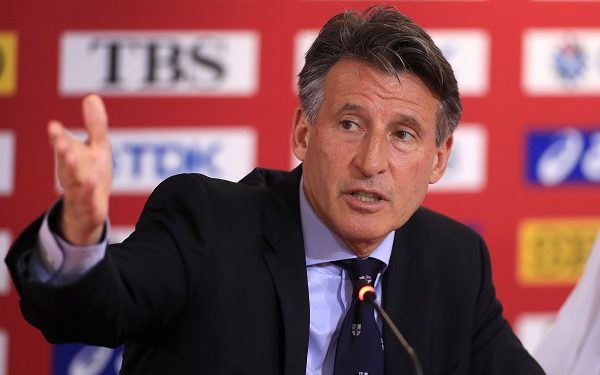Transgender women will now be excluded from female international athletics events. World Athletics President Lord Coe said on Thursday: “The World Athletics Council has today taken decisive action to protect the female category in our sport and do so by restricting the participation of trans athletes.”
The ban will be imposed from March 31 and is the latest in a push across professional sporting bodies to restrict trans women from competing in female categories, with policies often having a knock on effect for junior and amateur competitors too.
Some people argue transgender women should not compete in elite women’s sport because of any advantages they may retain from before they transitioned. However, others say banning trans women from elite sport is exclusionary and amounts to discrimination.
While announcing its ban on Thursday, World Athletics stated that there are currently no transgender athletes competing internationally in athletics competition.
A British LGBT+ charity, said: “It is so disappointing to see World Athletics announce a unilateral ban on trans women in track and field events.
“Their own statement recognises that there are no trans women competing at an international level and that they have no specific evidence to justify the ban.”
Last year, governing organisations for swimmingand rugby league voted to ban athletes who have gone through male puberty from racing in women’s events.
In his statement on Thursday, Lord Coe also confirmed that Russian athletes will remain barred from track and field “for the foreseeable future” because of the country’s invasion of Ukraine.
The International Olympic Committee (IOC) is exploring a pathway for Russian and Belarusian athletes to compete as neutrals at next year’s Olympic Games in Paris.However, it appears likely they will not be able to feature in athletics in Paris, arguably the highest-profile Olympic sport.
In 2021, the UK’s sports councils (Sport Wales, Sport England, UK Sport, Sport Scotland and Sport Northern Ireland), acknowledged there is no solution that balances the participation of trans women in female sport while achieving competitive fairness and safety.
They also argued that because sports are incredibly diverse, they cannot recommend a one-size-fits-all approach to transgender participation.
“There may not be a common single competition model which will meet the needs of full transgender inclusion while retaining competitive fairness, particularly in female sport,” the report said.
Another factor that complicates matters, is testosterone. The role of the hormone alone in predicting performance in sport is often unclear, as the IOC has acknowledged.
And the UK sports councils have stated that trans women retain stamina, strength and physique when competing in female sport, even if their testosterone levels have been reduced.

